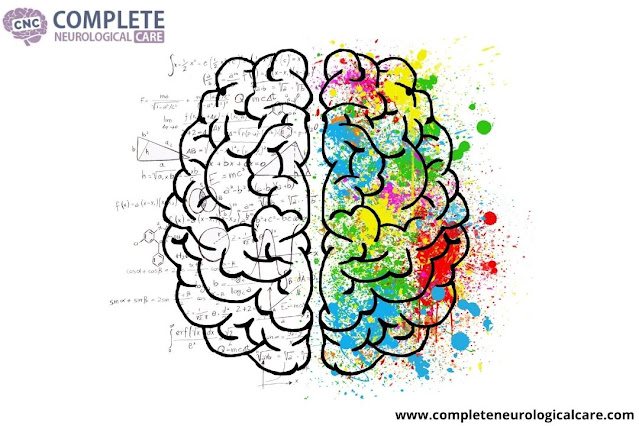What's the Most Complex Mental illness to Live With?
According to some Neurologists, Borderline Personality Disorder is considered the most difficult mental illness to deal with because of all the comorbid symptoms it causes and the emotional instability it causes. While all mental disorders are difficult to deal with, BPD is one of the most difficult. It can cause complications from several sources, making it one of the most difficult mental illnesses to live with.
Dealing with BPD
When you think about the most difficult mental illnesses to deal with, you might think of depression, anxiety, schizophrenia, or autism, and you wouldn't be far off. According to neurology specialists, every mental disorder has a specific set of symptoms, making it the most difficult mental illness to live with.
However, some top neurologists have stated that Borderline Personality Disorder is one of the most challenging psychiatric disorders to deal with and one of the most difficult to treat. According to newer scientific evidence, treatment is said to reduce symptoms, improve functioning, and improve quality of life.
Reason for BPD being complex
- There are many mental disorders, some of which are considered highly rare, although this does not indicate that they are easy to deal with.
- As previously mentioned, some of the best neurologists think BPD is one of the most challenging disorders to handle and live with.
- Furthermore, it goes undiagnosed because the symptoms correlate with those of other diseases, and most sufferers fail to seek care.
- One of the reasons it goes undiagnosed is that some of the symptoms overlap with depression, anxiety, post-traumatic stress disorder, bipolar disorder, and eating disorders, among other mental illnesses.
- Some best Neurologists suggest that BPD is often misdiagnosed as Bipolar Disorder Type 2 due to specific overlapping symptoms. However, to find the proper medication, you must first have the correct diagnosis.
Characterization of BPD
A borderline personality disorder is characterized by a persistent pattern of mood swings, self-image, and behavior. These signs often lead to rash decisions and issues in interpersonal relationships. An individual with borderline personality disorder can have episodes of anger, depression, or anxiety that last anywhere from a few hours to several days. Symptoms that are easily identified commonly manifest during puberty (the adolescent years) or early adulthood, although early signs of the disease may appear early as childhood.
Final Thoughts
Furthermore, having dysfunctional relationships, emotional reactivity, and dysregulation, among other characteristics, can make a living with BPD difficult. Contact NYC Neurologists to diagnose and treat this complex disease and visit Complete Neurological Care 225 Broadway # 705, New York, NY 10007, United States.




Comments
Post a Comment